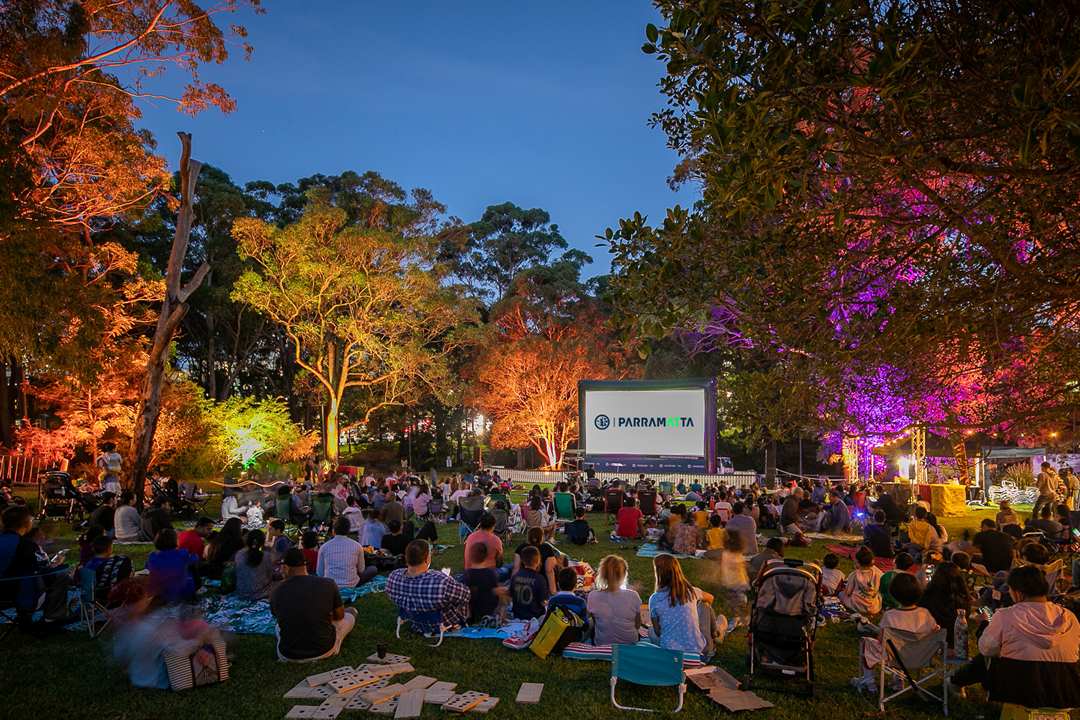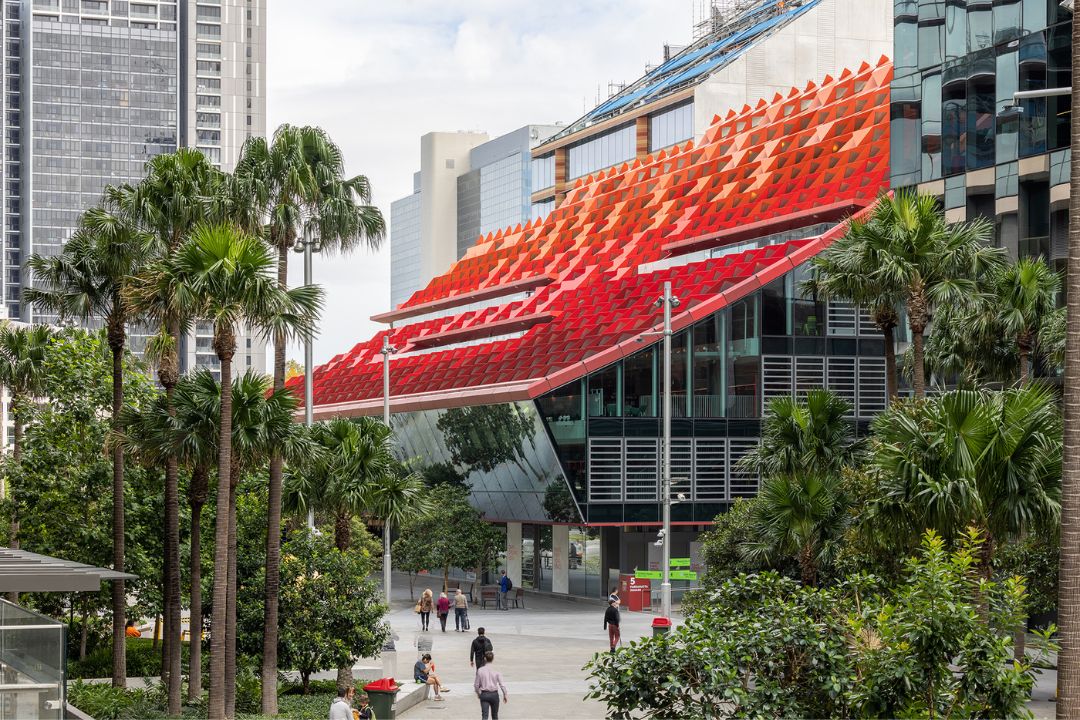Joint Regional Planning Panels (JRPPs) were introduced in NSW in July 2009 in order to strengthen decision making in regionally significant development applications and certain other planning matters.
In late 2016 six Sydney Planning Panels (SPPs) were established and replaced the Sydney East and Sydney West JRPPs.
The functions of the SPPs are the same as the former JRPPs.
The City of Parramatta Local Government Area (LGA) is located within the Sydney Central City Planning Panel (SCCPP) region.
Each Planning Panel consists of five members:
-
Three State appointed representatives including the Chair
-
Two Council appointed representatives
Types of developments the panels decides on
(Back to top)The regional panels determine regionally significant developments, which include:
General development over $30 million
Development that has a capital investment value of more than $30 million.
Council related development over $5 million
Development that has a capital investment value of more than $5 million if:
- a council for the area in which the development is to be carried out is the applicant for development consent, or
- the council is the owner of any land on which the development is to be carried out, or
- the development is to be carried out by the council, or
- the council is a party to any agreement or arrangement relating to the development (other than any agreement or arrangement entered into under the Act or for the purposes of the payment of contributions by a person other than the council).
Crown development over $5 million
Crown development that has a capital investment value of more than $5 million.
Private infrastructure and community facilities over $5 million
Development that has a capital investment value of more than $5 million for any of the following purposes:
- air transport facilities, electricity generating works, port facilities, rail infrastructure facilities, road infrastructure facilities, sewerage systems, telecommunications facilities, waste or resource management facilities, water supply systems, or wharf or boating facilities,
- affordable housing, child care centres, community facilities, correctional centres, educational establishments, group homes, health services facilities or places of public worship.
Eco-tourist facilities over $5 million
Development for the purpose of eco-tourist facilities that has a capital investment value of more than $5 million.
Particular designated development
Development for the purposes of:
- extractive industries, which meet the requirements for designated development under clause 19 of Schedule 3 to the Environmental Planning and Assessment Regulation 2000, or
- marinas or other related land and water shoreline facilities, which meet the requirements for designated development under clause 23 of Schedule 3 to the Environmental Planning and Assessment Regulation 2000, or
- waste management facilities or works, which meet the requirements for designated development under clause 32 of Schedule 3 to the Environmental Planning and Assessment Regulation 2000.
Coastal subdivision
Development within the coastal zone for the purposes of subdivision of the following kind:
- subdivision of land for any purpose into more than 100 lots, if more than 100 of the lots will not be connected to an approved sewage treatment work or system,
- subdivision of land for residential purposes into more than 100 lots, if the land:
- is not in the metropolitan coastal zone, or
- is wholly or partly in a sensitive coastal location,
- subdivision of land for rural-residential purposes into more than 25 lots, if the land:
- is not in the metropolitan coastal zone, or
- is wholly or partly in a sensitive coastal location.
How does assessment and decision making work?
(Back to top)Applications for development that are to be decided by the panels will first be assessed by councils in accordance with accepted procedure.
As is the case with councils, the panels will be required to provide opportunities for both proponents and objectors to represent their views on developments.
Councils have a role to play
(Back to top)As the authorities undertaking all the assessments for these development applications, councils will still have a role in the process.
Councils are no longer the determining authority for this class of development; however, council representatives (when nominated) will be active participants on the Panels.
- Applications for the classes of development to be determined by the Panels will be lodged with the relevant council, in the area where the proposed project is located.
- Council officers will continue to follow established procedure regarding development assessment, including public notification and consultation with government agencies.
- Councils will also have the opportunity to provide submissions to the Panel on matters being determined in their local government area.
Who administers the panels?
(Back to top)The Panels will receive technical and administrative support from the State Panel Secretariat, which serves the already established Planning Assessment Commission.
The Panels will also receive help from central and regional Department of Planning offices. The Secretariat will work with the Chair of the Panels to help organise meetings, agendas and other administrative functions.
There are provisions contained in the EP&A Act that will place obligations on councils in their work with the Panels. Typically, this will include meeting procedures, probity, cost recovery, communication and operational matters. Operational Guidelines have been drafted to cover these practical details.
Operational procedures, Code of Conduct and Complaint Handling Policy are also in place.
Where and when will the Panels meet?
(Back to top)Every effort will be made to ensure that meetings of the Panels will be held in the local government area where the applications were lodged or in locations convenient to those who may need or wish to attend.
The meetings will be held regularly, depending on the volume of development applications.
Panel meetings will be open to the public and any interested group or person can make a submission.
What proponents need to know
(Back to top)There are a number of issues that proponents will need to be aware of so that their applications can be dealt with swiftly and efficiently:
- Applications for a range of development classes will be lodged with the local council and decided by the SCCPP
- Panels will be responsible for approval of modification applications
- Proponents will be able to present their views to the Panels
- Applications not yet decided before the start date of the Panels will be considered under the old system, unless resubmitted.


